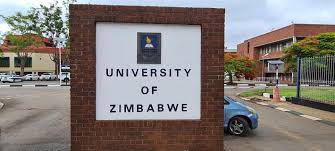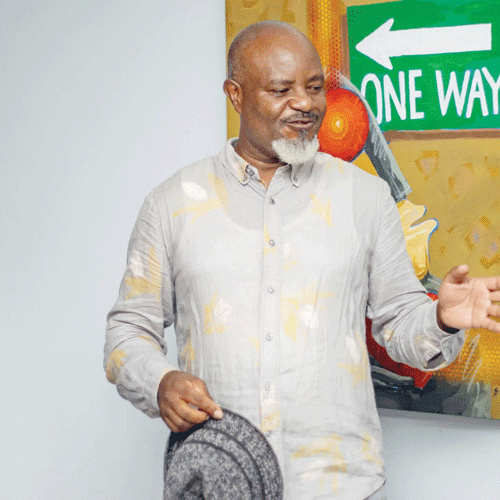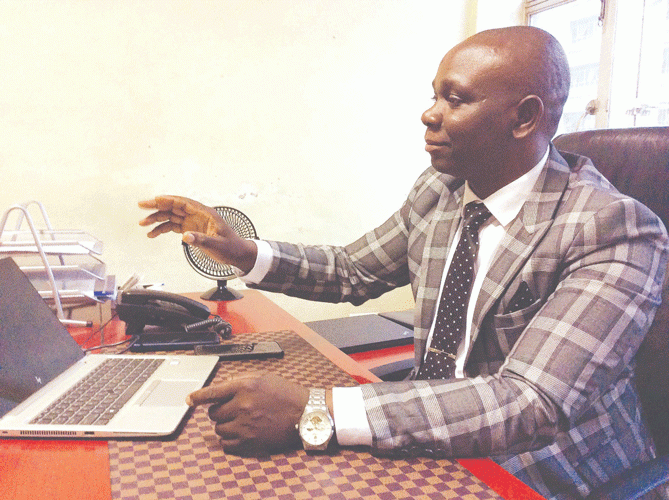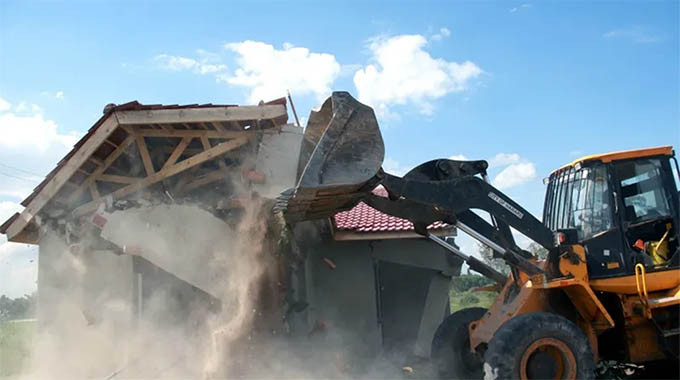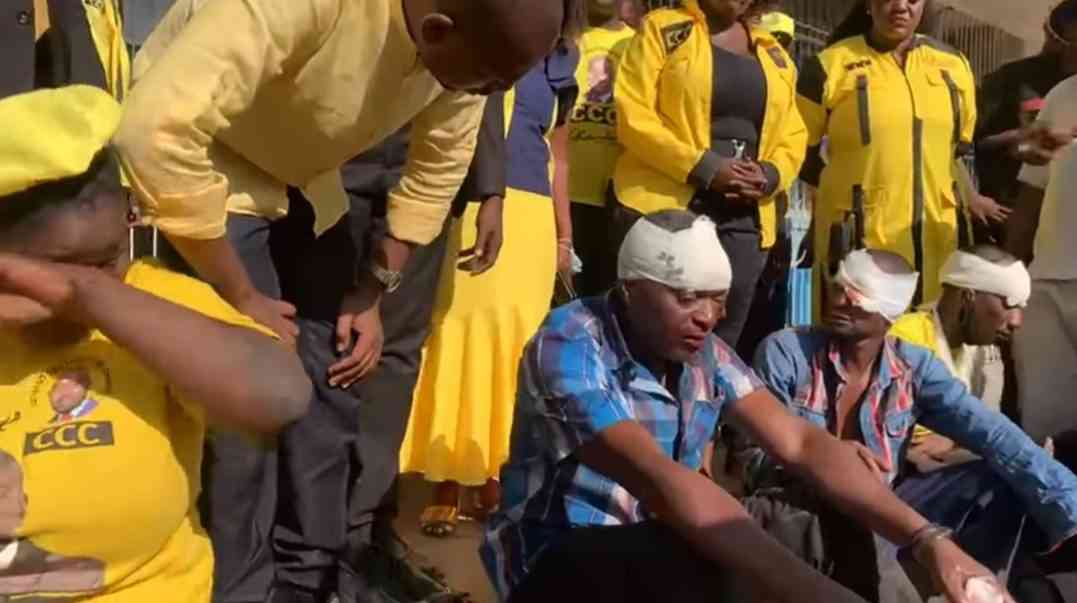FOR a country hoping to achieve upper-middle income status in the next seven years, revelations that men in Zimbabwe are abandoning their families due to poverty makes the journey to attain this goal a hard slog.
According to a story in our NewsDay edition yesterday, many Zimbabwean men are being forced to abandon their families due to biting poverty which has resulted in some donors chipping in with money to assist the abandoned women and children to make ends meet.
Nothing can be more indicting than this for a country hoping to achieve wonders of becoming an upper-middle income economy by 2030.
The World Bank says a country is classified as upper-middle income if it has a gross national income per capita of between US$4 046 and US$12 535.
Simply put, the figure speaks to what an average citizen earns per year and the figure is derived by dividing the total amount earned by a country from its products with its population.
To further explain this issue, for example, our neighbour South Africa’s upper-middle class group comprises households earning R40 000 to R75 000 per month, which is approximately US$2 000 to US$4 000 using current exchange rates. We also understand that there are a mere 800 000 households, an equivalent to around 4% of all households, in this bracket in that country.
Keep Reading
- Electoral violence looms: ZPP
- Zimbabwe’s 2023 elections: how to judge candidates’ social protection promises
- Letter from America: Is former president Donald Trump a hero or villain?
- NoViolet Bulawayo’s new novel is an instant Zimbabwean classic
Given our country’s current state of affairs, we are not afraid to say that the 2030 goal is our wildest dream which will take a herculean effort to become true. Even President Emmerson Mnangagwa admitted this on October 1 this year in his column in the State-controlled Sunday Mail.
Speaking on this upper-middle income status issue, Mnangagwa specifically said: “A key test to genuine realisation of Vision 2030 will be our rural areas, where over 60% of our people live. Our rural communities measure the depth and breadth of lack of even development and the cost of exclusion of rural development.
Shunned by successive colonial governments, our rural areas are a sample of denied development which gave rise to the rural under-development we inherited from colonialism. Except all this need not remain so. We cannot continue to blame our colonial past for rural ills… Our nation must change course by taking responsibility over these rural backwaters which we must now challenge through a new model of development.”
Ironically, it is no longer the rural areas which are feeling the pinch of exclusion from national development; even urban areas are now grossly underdeveloped to a point that the towns and cities’ once tarred roads are turning into gravel and dust roads found in rural areas.
Donors are also supporting urban families with money to make ends meet as the economy needs to be galvanised to support the poverty-stricken nationals.
As the rural and urban populations are in this pathetic state, we may as well be forgiven for being the devil’s advocate by pointing out that the country will never “change course” as long as those in the country’s cockpit fail to identify why the country is much poorer than when it was under the yoke of colonialism.
As the President rightly pointed out that “we cannot continue to blame our colonial past for rural ills”. We cannot continue blaming sanctions for our failure to grow the economy to help it achieve the dream of an upper middle income status by 2030.

